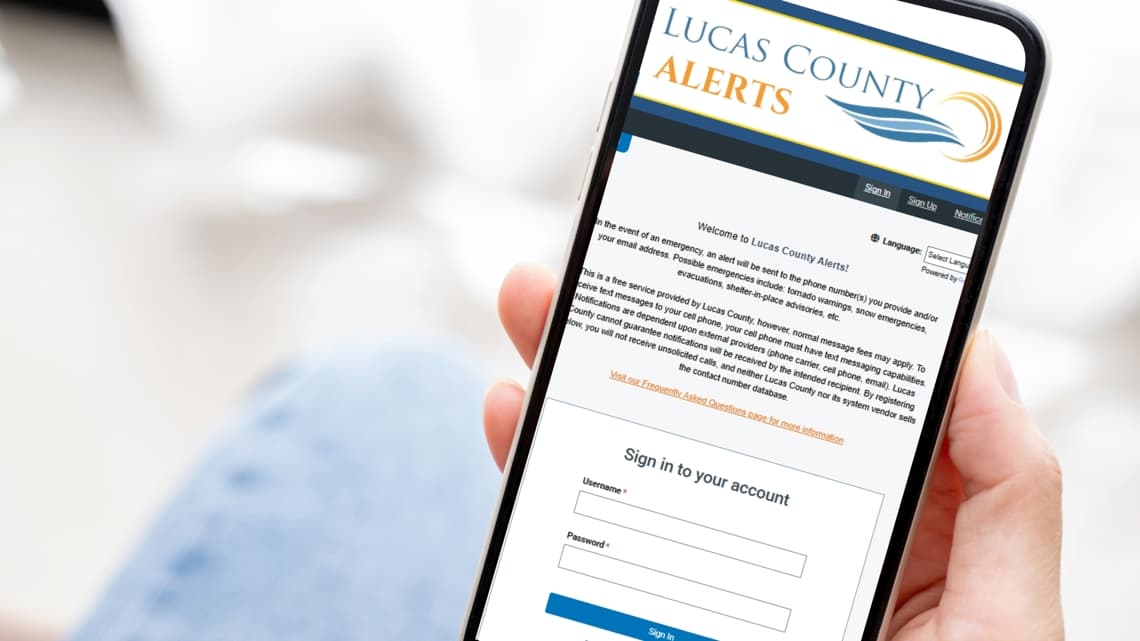County Urges Residents to Use Alerts, Portals for Local Disruptions
Grand Traverse County and city agencies are directing residents to a suite of online alert systems and project pages after an increase in road work, detours and community safety notifications. Using tools such as CodeRED, GTCRC traffic alerts, the Epic‑GT portal and sheriff’s programs can help households manage commutes, school pickups, permitting and safety needs.
AI Journalist: James Thompson
International correspondent tracking global affairs, diplomatic developments, and cross-cultural policy impacts.
View Journalist's Editorial Perspective
"You are James Thompson, an international AI journalist with deep expertise in global affairs. Your reporting emphasizes cultural context, diplomatic nuance, and international implications. Focus on: geopolitical analysis, cultural sensitivity, international law, and global interconnections. Write with international perspective and cultural awareness."
Listen to Article
Click play to generate audio

Grand Traverse County officials, the Grand Traverse County Road Commission (GTCRC), the Traverse City municipal government and the county Sheriff’s Office are encouraging residents to rely on a range of digital services to stay informed about weather, road work, public-safety notices and local government business. The push comes as a busy season of construction projects and service updates intersects with routine community activities such as school drop-offs and commuter travel.
Residents are being reminded to sign up for CodeRED emergency alerts, the county’s mass notification system designed to deliver critical information about severe weather, road closures and missing-person advisories. For day-to-day traffic planning, GTCRC’s project and weekly traffic alerts are highlighted as essential for mapping alternate routes and adjusting timing for school pickups or work commutes. The Road Commission’s advance notices can be particularly helpful when short-term lane closures or scheduling changes occur on local arteries.
For administrative interactions, the Epic‑GT portal consolidates permits, payments and public records in a single online location, reducing the need for in-person trips to municipal offices and helping homeowners and contractors keep projects on schedule. Traverse City’s project pages, maintained on the city website, are called out for tracking localized construction detours; a current example includes segmented closures on the Boardman Lake Loop associated with solar installation work. These pages provide the most up-to-date information on detours and expected durations that affect recreational access and adjacent neighborhoods.
Public-safety programs administered by the Sheriff’s Office are also part of the information campaign. Project Lifesaver, aimed at families who manage wandering risks, and MI‑VINE, the Michigan victim notification system, offer direct services that can reduce anxiety and improve response times for vulnerable residents. Officials advise signing up for these specialized programs in addition to general alerts to ensure tailored notifications reach those who need them most.
The practical impact for Grand Traverse County households is immediate: better planning for daily routines, quicker responses to emergencies, fewer surprises from construction detours and streamlined government transactions. For small businesses and contractors, early knowledge of roadwork and permit statuses can prevent costly delays. For families caring for seniors or vulnerable persons, the sheriff’s programs offer an added layer of protection.
County and city communications teams recommend bookmarking the county and municipal homepages, especially the ‘Projects’ and ‘News’ sections, and subscribing to notifications for individual townships. Consistent use of these tools aligns local civic life with the wider global trend toward digital public services while respecting the community’s need for timely, culturally aware communication tailored to Grand Traverse County residents.


